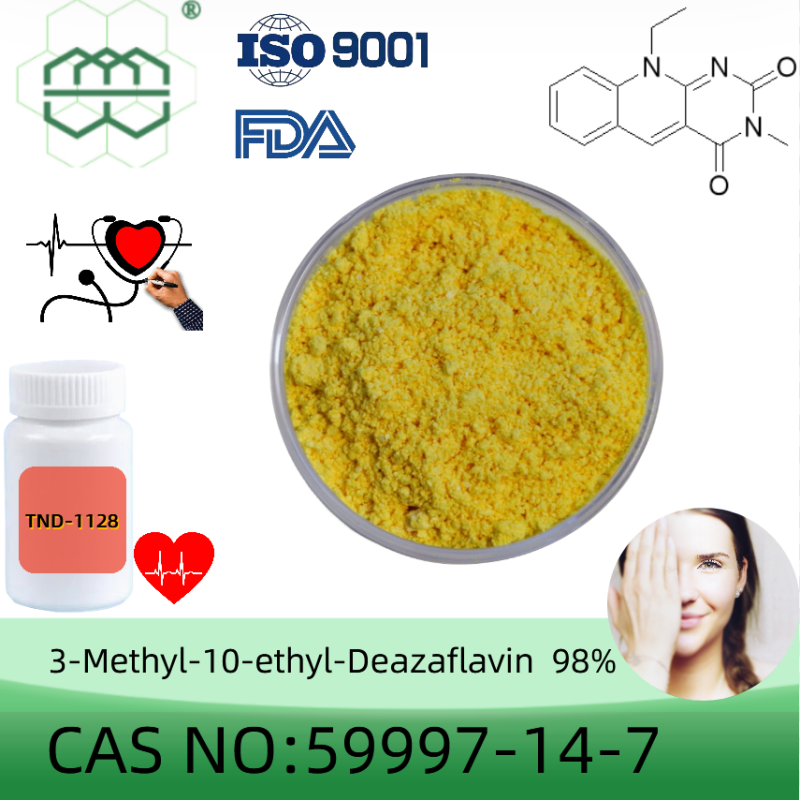The new method can accurately detect peanut allergy
-
Last Update: 2021-03-10
-
Source: Internet
-
Author: User
Search more information of high quality chemicals, good prices and reliable suppliers, visit
www.echemi.com
peanuts are the most common food allergens. The British Medical Research Council recently announced that it has successfully developed a new blood test to determine the accuracy of peanut allergy as high as 98%, and will not cause adverse reactions such as allergic shock.
methods currently commonly used to screen for food allergies are skin pointing tests and serum immunoglobulin E tests, but false positives or overdiagnosis may occur. For more accurate results, oral food-stimulating tests are often required, which are at risk of triggering severe allergic reactions.
, M.D., of King's College London, who led the study, said traditional methods focused on detecting antibodies and did not work well. The new detection method, called MAT, focuses on fat cells closely related to food allergies.
researchers added peanut protein to fat cells, which can identify immunoglobulin E in the blood and be active under its mediated action to produce biomarkers associated with allergic reactions, which can be detected.
said they took blood samples from 174 children, 73 of whom were allergic to peanuts. The researchers tested it in a new way, "and the results were very accurate, and once they tested positive, allergies were identified." The greater the number of active fat cells, the more severe the allergic reaction.
report on the study has been published in
Journal. The report shows that this new test is not only safe and accurate, but also cheaper than oral food-stimulating tests, which must be conducted under the surveillance of allergy specialists.
researchers believe the new test could also be used to detect other food allergies, such as milk, eggs, sesame seeds and nuts. In addition, pharmaceutical companies can use this method to monitor and evaluate patients' allergic reactions to drugs in clinical trials.
can cause swelling of the face and throat and, in severe cases, death, and is a growing concern because of its potential risks and increasing global incidence. (Source: Xinhua)
This article is an English version of an article which is originally in the Chinese language on echemi.com and is provided for information purposes only.
This website makes no representation or warranty of any kind, either expressed or implied, as to the accuracy, completeness ownership or reliability of
the article or any translations thereof. If you have any concerns or complaints relating to the article, please send an email, providing a detailed
description of the concern or complaint, to
service@echemi.com. A staff member will contact you within 5 working days. Once verified, infringing content
will be removed immediately.







